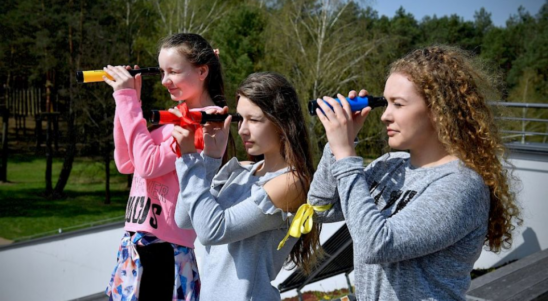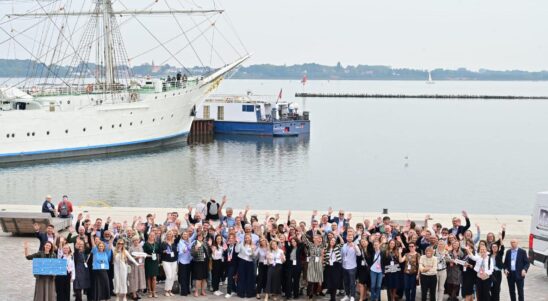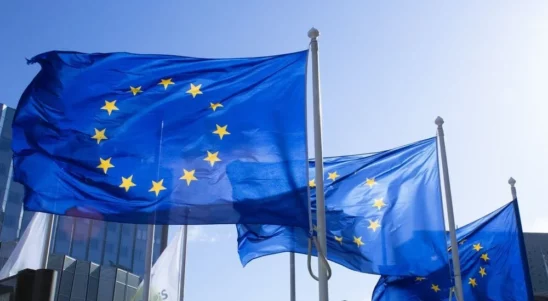Acronym: FutureBalticBauhaus
Project partners Member States: DK, SE, DE
The project involves 6 partners from Denmark (2), Sweden (3), Germany (1). The partnership is composed of municipalities, universities, secondary school and NGO. The partners are supported by 10 associated partners which are municipalities, NGOs, chamber of commerce from Denmark, Sweden, Germany, Poland and Lithuania. The project is led by Holbæk Municipality (DK).The overall project objective is paving the way for CO2-reduction within the construction sector to emphasize circularity and introduce “Future Baltic Bauhaus (FBB) – CO2-reduced”. New approaches to “second life” within the built environment will be shown and implemented.The project’s activities start with conducting essential analysis and research, which includes evaluating the current situation in the industry, existing regulations at regional and South Baltic/EU levels. Furthermore, it entails exploring the construction techniques and standards specific to the region, as well as the availability of materials and components in each participating country. Within this phase, the environmental consequences of reusing materials as opposed to utilizing new ones will be examined. These investigations will serve as the foundation for “Future Baltic Bauhaus” guideline and a training programme which is the next step in the project. The training programme provide guidance to the construction industry and is dedicated to all target groups, especially for SMEs, along with planers, like architects and engineers, municipalities and public and private property developers. The following work package includes pilot actions that encompass three distinct phases. Firstly, there is the process of locating, storing, and distributing materials and components for reuse, which involves developing a strategy for demolition mapping, establishing a business model for storage, and facilitating dialogue with suppliers. Secondly, there is the phase of planning and constructing using reused materials and components. Lastly, there is the phase of conducting gentle demolition. The final stage of the project involves preparation of policy recommendations and their presentation to EU, national, and local institutions, each with pertinent recommendations.The main target groups are defined as:1.The advisor: planners, architects, engineers and designers,2.The beneficiary: building clients, owners, developers, and investors,3.The contractor: companies and startups in the building sector,4.The public sector: municipalities, public servants, policy makers.





